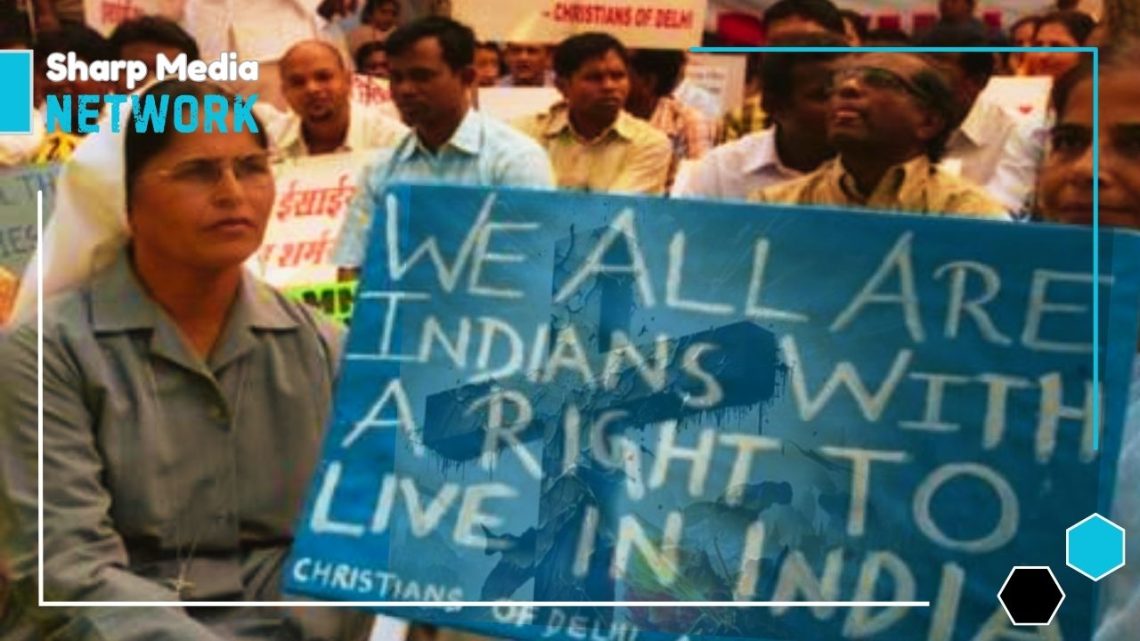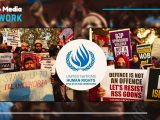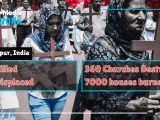
Christians in India Suffer Attacks on Churches and Christmas Events Nationwide
December 24, 2024Since India’s independence in 1947, sporadic violence against Christians has often mirrored the country’s broader communal tensions. Initially isolated, incidents such as the 1950 riots in the Northeast displaced Christian communities, with few documented casualties. The 1980s saw localized violence in Madhya Pradesh and Odisha, intensifying by the late 1990s with attacks on churches and Christian communities in states like Odisha and Kerala.
The 2002 Gujarat riots marked a turning point, with widespread violence against minorities, including Christians, leading to hundreds of deaths. In 2008, the Kandhamal riots in Odisha devastated Christian communities, killing at least 38 people, displacing 50,000, and destroying homes and churches.
Under Prime Minister Narendra Modi’s leadership since 2014, violence and hostility toward Christians have escalated, fueled by rising Hindu nationalism and the Hindutva ideology. Reports from the United Christian Forum reveal a sharp increase in violence, with incidents growing from 10 in 2015 to over 300 by 2020, and more than 100 recorded in 2021. Recent events, including violence in Manipur, have further endangered Christian communities, affecting hundreds.
In addition to physical violence, Christians face systemic challenges, including social ostracism, discrimination in employment, and restricted access to resources. Anti-conversion laws in several states have raised concerns about their misuse to harass Christians.
The erosion of secularism under Modi’s government undermines India’s pluralistic identity and deepens communal divides. The international community must address the alarming rise in religious intolerance, urging India to honor its commitments to religious freedom and protect minority rights.

